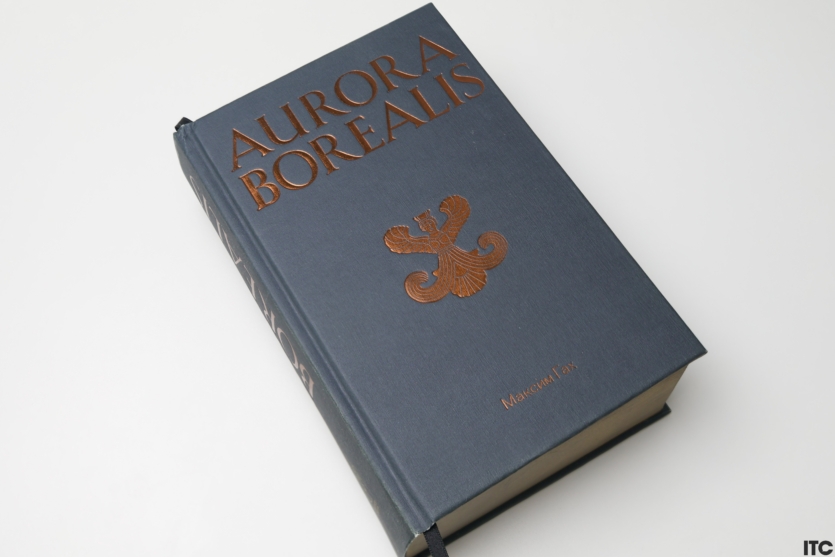
Somehow, we ended up talking about the best Ukrainian science fiction novels of 2025 one after the other. Last week, we reviewed the wonderful space fantasy “Lost Stars by Vadym Panchenko, and today we’re going to talk about an epic alternative history with a dash of cyberpunk, dark fantasy, and detective story called “Aurora Borealis” by Maksym Gakh. This book was published by Zhupansky’s Publishing House in a relatively small edition, but it’s so cool, not secondary at all, and raises the bar for contemporary Ukrainian fiction so high that everyone should know about it. And most importantly, it is a must-read for anyone interested in this genre of literature.
“Aurora Borealis”
AuthorMaxim Gakh
Publisher “Zhupansky’s Publishing House
Language Ukrainian
Number of pages 800
Cover Solid
Year of publication 2025
Size 145×210 mm
Website publisher.in.ua
The novel is structured as two parallel stories that alternate between chapters and gradually intertwine. In the past, we follow the young Athenian aristocrat Aristeas, who travels to Scythia searching for his missing father. His journey quickly turns into an epic adventure in the best traditions of mythological dark fantasy. There will be mysterious griffins, warlike Amazons, and ancient magic. Aristeas goes through the classic path of a hero from a naive typical rich man to a mature man facing real challenges of fate and the inexplicable forces of this world.
At the same time, in the future, the antiquarian Victor Cornelius Erfe is tasked with finding out the origin of a mysterious Scythian amulet. But his investigation quickly becomes overgrown with mysterious murders, impossible accidents, and witnesses losing their memory or sanity. Victor plunges into the world of secret societies and the cult of the Heralds, who believe in the coming of the Great Mother. Despite all the technological advances of his time, he feels lost and lonely, often seeking solace in the permissive entertainment of the high-tech post-cyberpunk society.
The central element that unites both storylines of Aurora Borealis is the figure of the Great Mother, a mysterious entity that can be a place of magical power, a secret cult, and an ancient chthonic deity. It has been resting in the steppes of Scythia since the beginning of time. Maksym Gakh successfully uses this mysterious figure as a unifying factor that gives integrity to a complex multi-layered narrative.
“Aurora Borealis is an ambitious eight-hundred-page novel that boldly combines alternative history, cyberpunk, dark epic-heroic fantasy, and detective fiction. This is the case when the author not only experiments with the form, but creates something fundamentally new for Ukrainian literature.
It is also important that this book is not secondary. There is nothing here that can be recognized from this or that book by this or that Western writer. At least I did not recognize it.
Imagine a world where the Roman Empire did not decline but evolved into a high-tech republic of the distant future. More precisely, at first it was an Empire, but then there was a great civil war, after which it became a Republic.
Maxim Gach skillfully builds a parallel universe where antiquity and cyberpunk exist not as a contradiction, but as an organic continuation of one civilization line. The reader travels between the two eras: 324 B.C., where the Peloponnesian War is unfolding, and 2076, where the greatness of the Roman heritage is still felt among robotic machines, virtual space, and artificial intelligences.
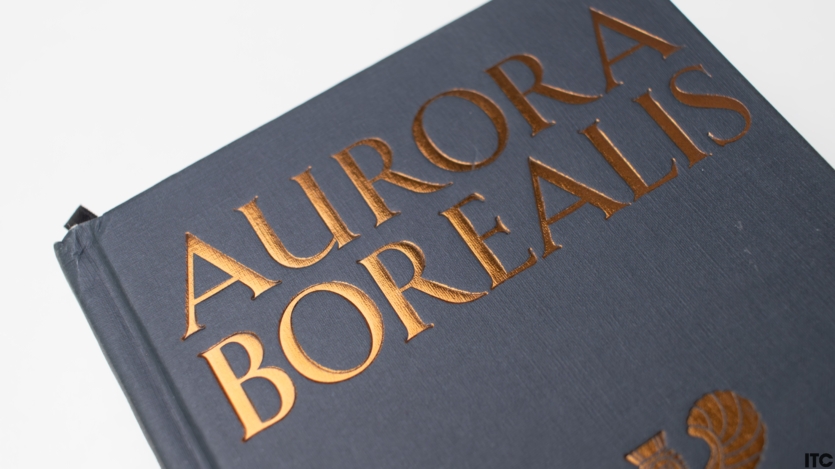
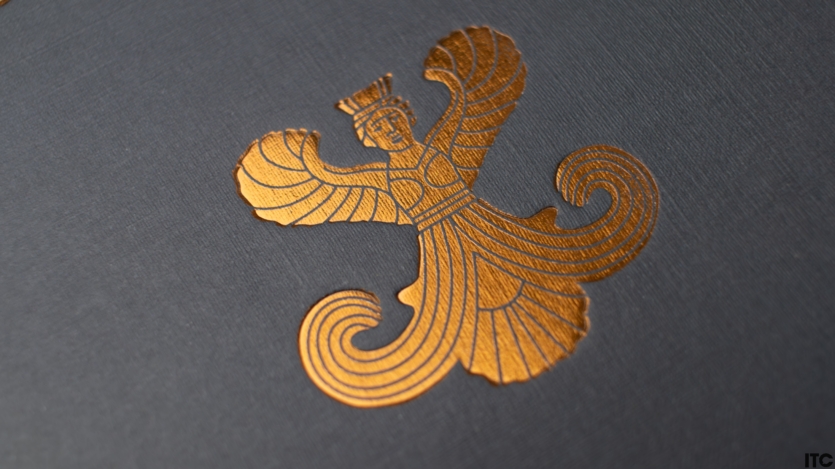
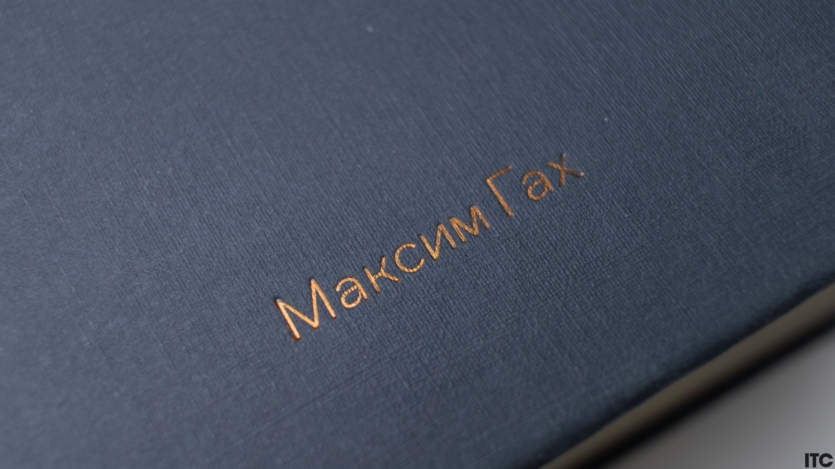
The writer creates not just scenery for his story, but a living world that breathes with its own logic of development. His Roman cyberpunk is not a mechanical combination of antiquity and high technology, but an organic evolution of a civilization that has preserved its cultural roots while developing incredible technological capabilities.
Flying islands, virtual spaces, and artificial intelligences coexist with Roman traditions and post-linguism, creating a unique setting that I have never seen before, not only in Ukrainian fiction, but even in world fiction.
The author has also managed to create realistic protagonists who go through a full-fledged developmental path. At the beginning of the book they are like this, and at the end they are thoroughly different, and this also works well for the plot. Aristej and Viktor are three-dimensional and understandable; they are romantic and realistic, they are a little strange and imperfect. They are just people who live, and the reader has no doubt about it.
I would also like to note the notes of Hemingway and Remarque, Stout and Hammett in Victor Erfe’s storyline. His meditative detective story reminded me of this beautiful and strange mixture of writers, and I think it’s wonderful.
Maxim Gakh’s writing style deserves special attention. His poetic language with vivid images and lively descriptions creates a unique atmosphere that captivates from the first pages. Despite the book’s considerable length, it is easy and enjoyable to read, which is definitely a rare quality for a work of this magnitude. The author is able to balance between the detail of the world and the dynamics of the plot without losing the reader’s attention even in the slowest episodes.
I strongly disagree with those who say that Aurora Borealis is overlong and overstuffed with events. It’s quite the opposite. Everything is in its place, everything is as it should be, the story is slowly developing at the pace set by the author, and it is not just comfortable, but the only possible pace for such an epic story.
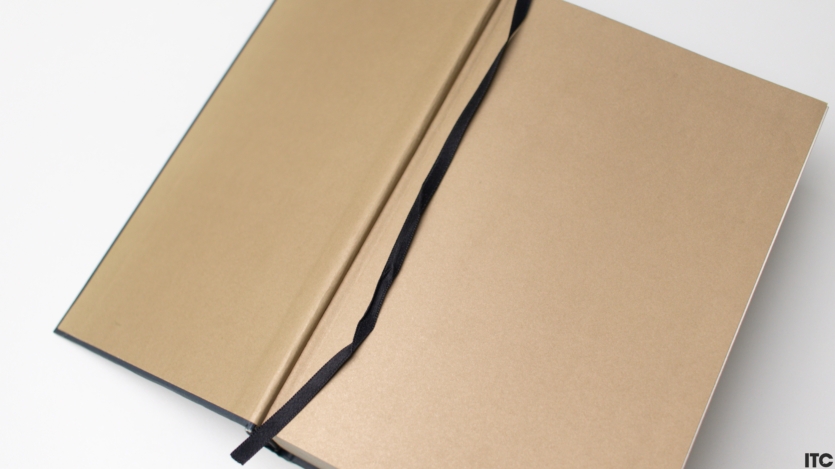
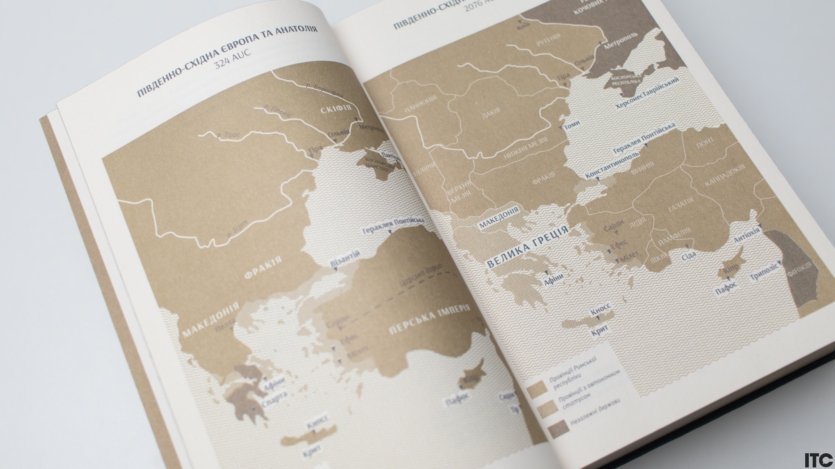
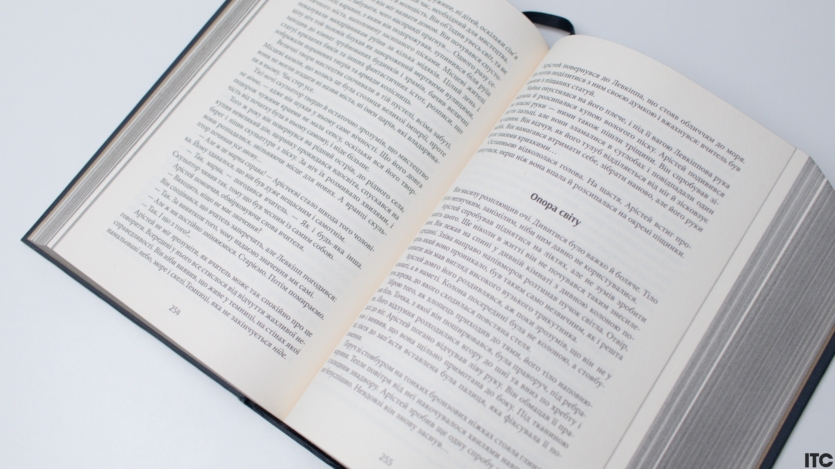
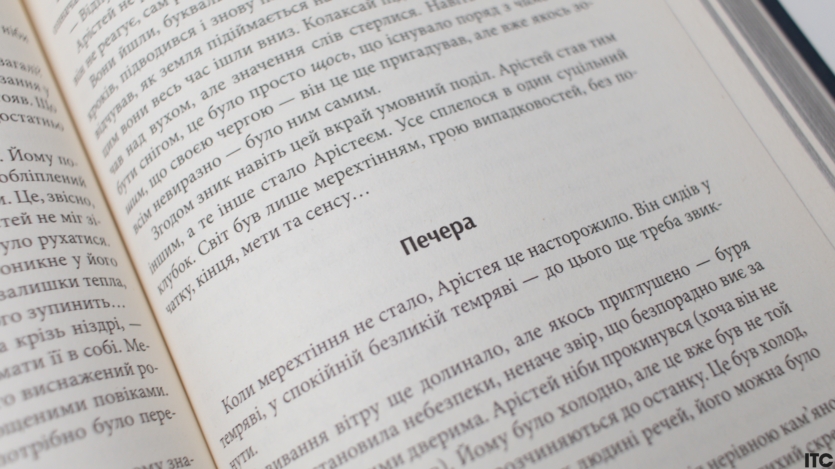
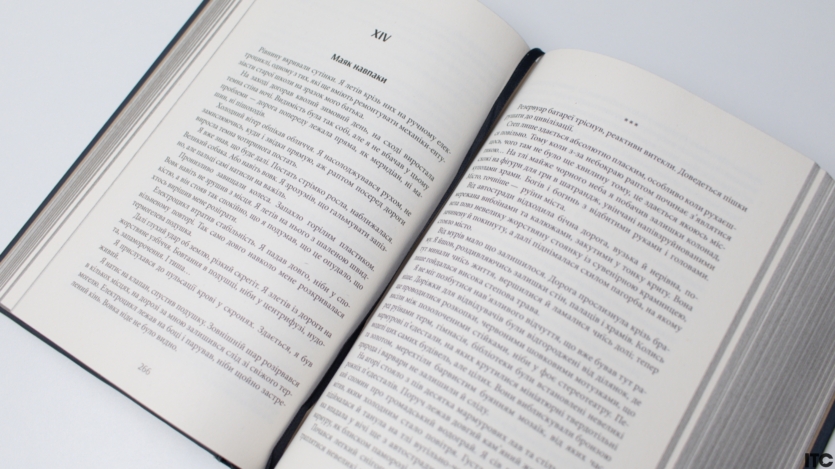
The edition of Aurora Borealis by Zhupansky’s publishing house is of high quality and has a color cut. The book has a hard, minimalist cover, which does not indicate the fantastic orientation of the work at all. But I like its design in general.
What didn’t work for me was the color scheme with glitter, which was literally everywhere: on my fingers and hands, on my face, on my clothes, on the furniture, etc. Until it all came off, which took about a week, it was not comfortable for me. Other than that, I liked the book, it has great yellowish paper and an easy-to-read font. There are lace and a world map.

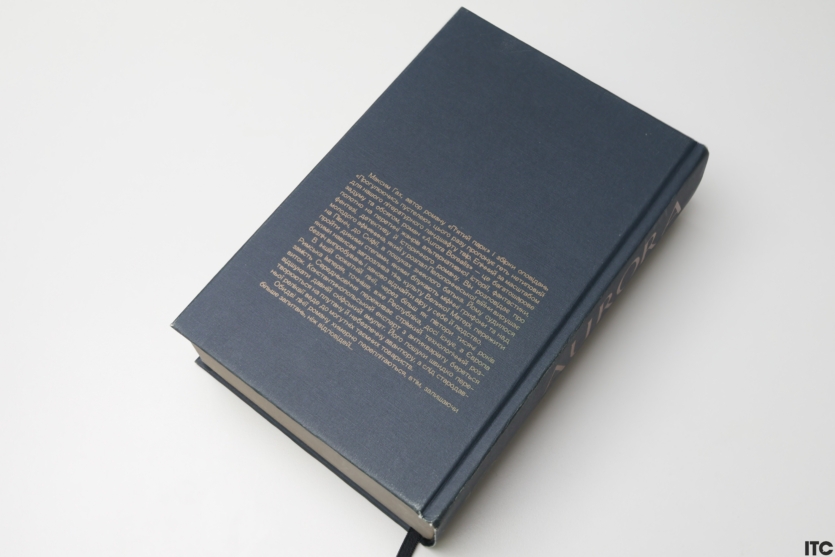
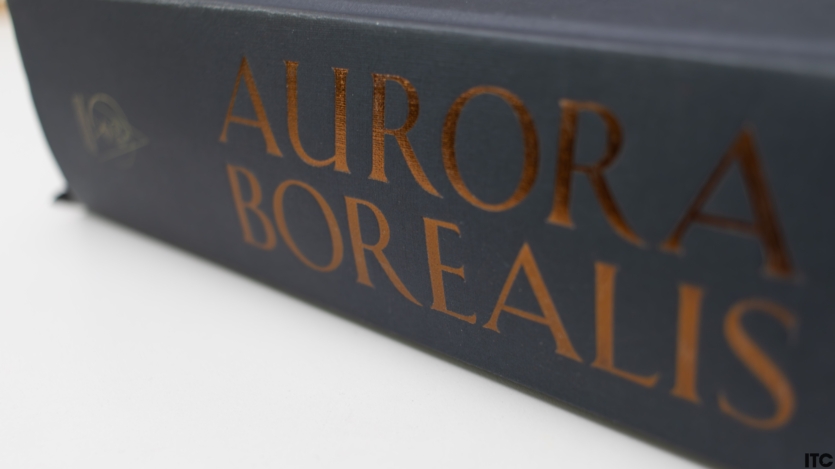
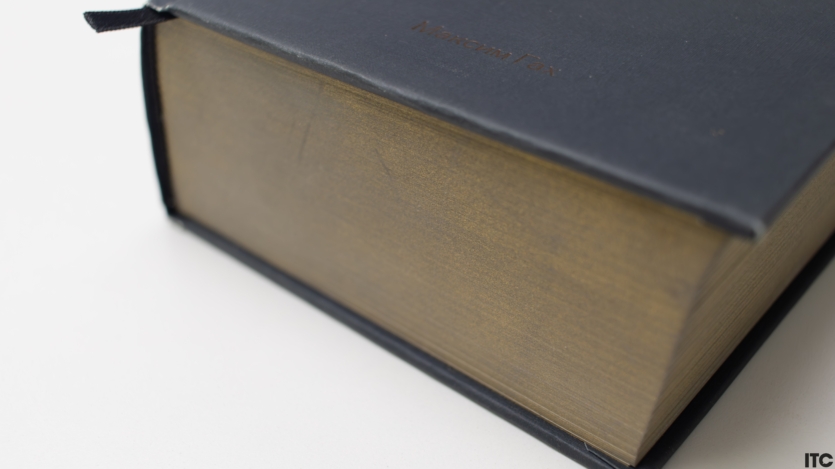
Spelling error report
The following text will be sent to our editors: